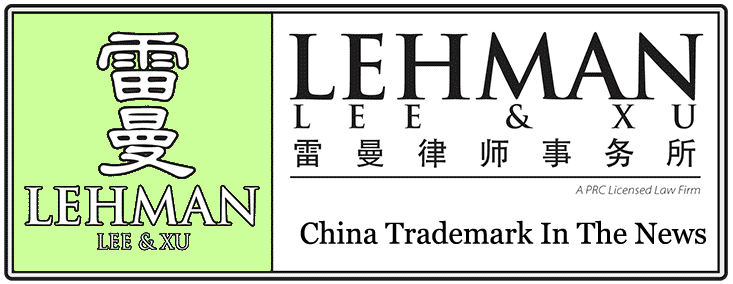
The 135th Annual Meeting of the International Trademark Association (INTA) was held in Dallas, Texas, May 4-8 this year and once more, as usual, a delegation from Lehman, Lee, & Xu was on-hand to be active participants in this conference. Led, as always, by the firm’s long time General Manger, Edward Lehman, the Lehman, Lee & Xu delegation to the meeting included IP attorneys and experts Karen Lau, Grace Wang, Margaret Ma, Tracy Ning, Chen Fazhi, Li Hong, Yolanda, Li, Lillian Yang, Lin Zhou, and Shunde Li. This trip to Dallas was a first for everyone and there was much excitement and enthusiasm, as everyone anticipated what they might experience at the INTA meeting and in Dallas. The main mission of the Lehman, Lee & Xu delegation was to hold a series of 12 “round table” discussions over the course of the 4 day meeting. Topics presented by our delegation of professionals included among other things, discussions of the latest developments in China trademark and patent laws, and timely and useful advice about trademark and patent protection. Also featured were ‘nuts and bolts” discussions about how trademarks and patents are processed in China. By all accounts, the Lehman, Lee & Xu sponsored round table discussions were well attended and well received. As is usual for annual INTA Meetings, hundreds of people were on hand to meet and greet people, to meet with longtime clients and friends, and to just have a good time talking “IP”. We are already looking forward to attending the 136th Annual INTA Meeting in Hong Kong in 2014. For memories and highlights of this year’s INTA conference in Dallas, please click on the link below. |
 |
|
LEHMAN, LEE & XU China Lawyer
|
|
China Trademark In The News
|
|
May 2013
|
The China Law News keeps you on top of business, economic and political events in the China. |
In the News |
How to overcome the headache of protecting wine trademarks in China |
So you want to sell your fine wine in China using your own well know, or perhaps not so well know trademark. No problem right? Just go to the China Trademark Office, submit your application with supporting documentation, pay the filing fee, and you will be good to go, right? Maybe. China is a very different place to do business and protecting, or even obtaining a trademark maybe much more complicated than you imagined. How so?
Given that the Chinese trademark office does not carry out inter-class examinations, it cannot cite a class 33 application as a means of blocking another application in class 35, even if the two are identical.
While this option does not address the past situation, it provides a means to anticipate the future with a greater level of legal security. Now that wine consumption in China is expected to continue rising, it is better to at least secure a certificate of registration for a trademark. http://www.lexology.com/library/detail.aspx?g=d77e883d-3786-49fd-afd8-2f4cbaab3439 |
|
|
|
|